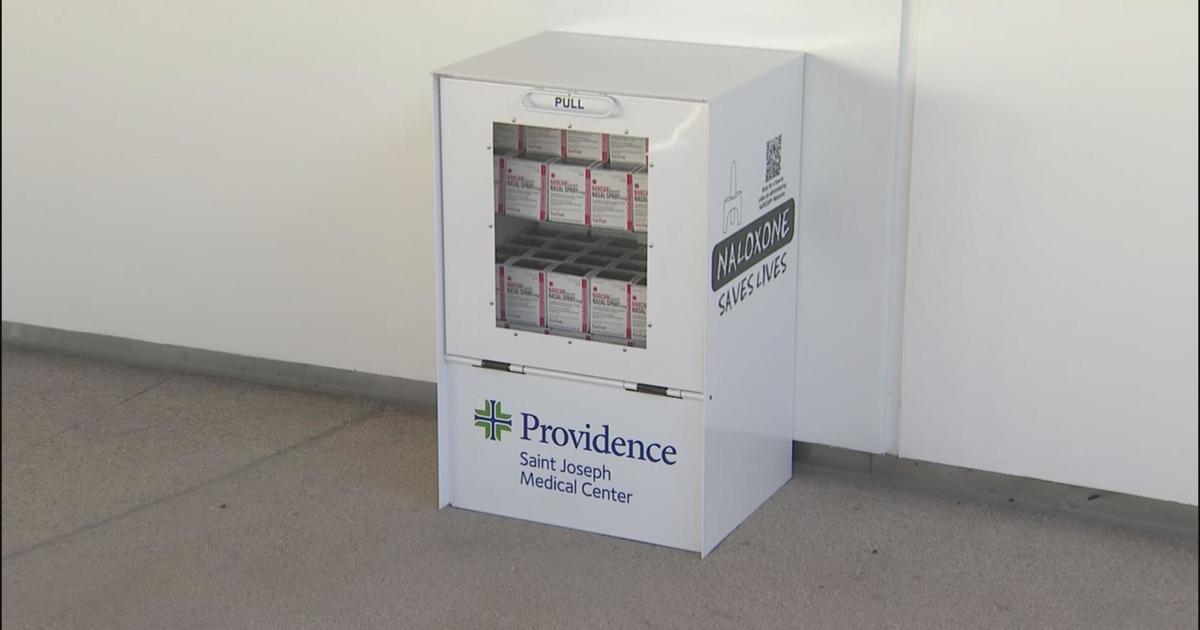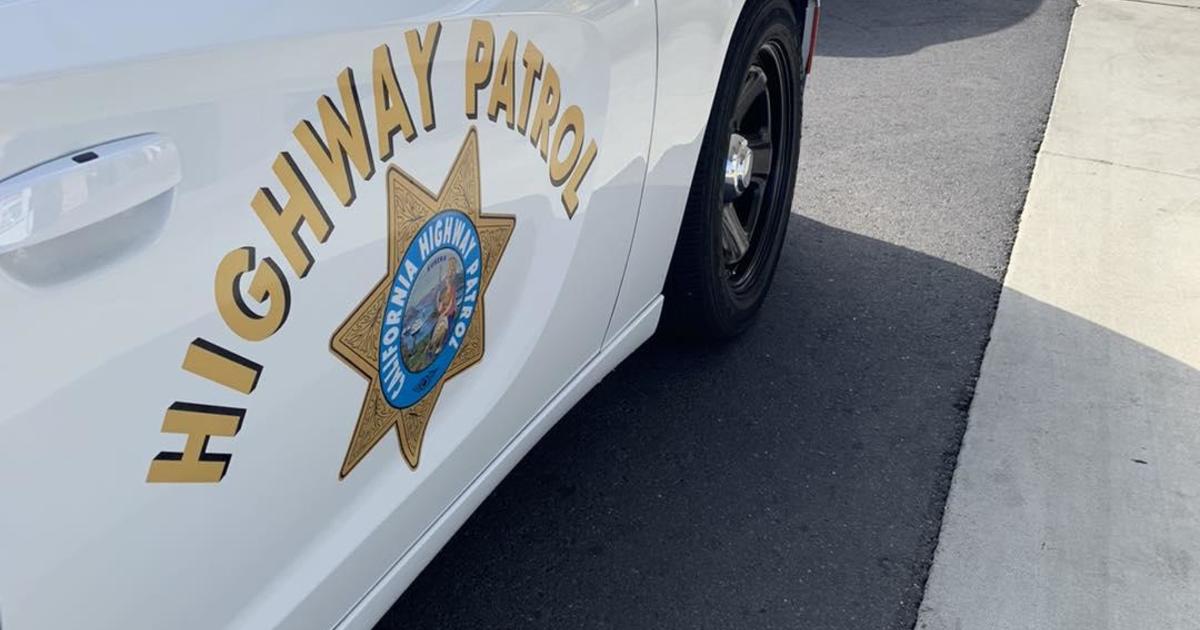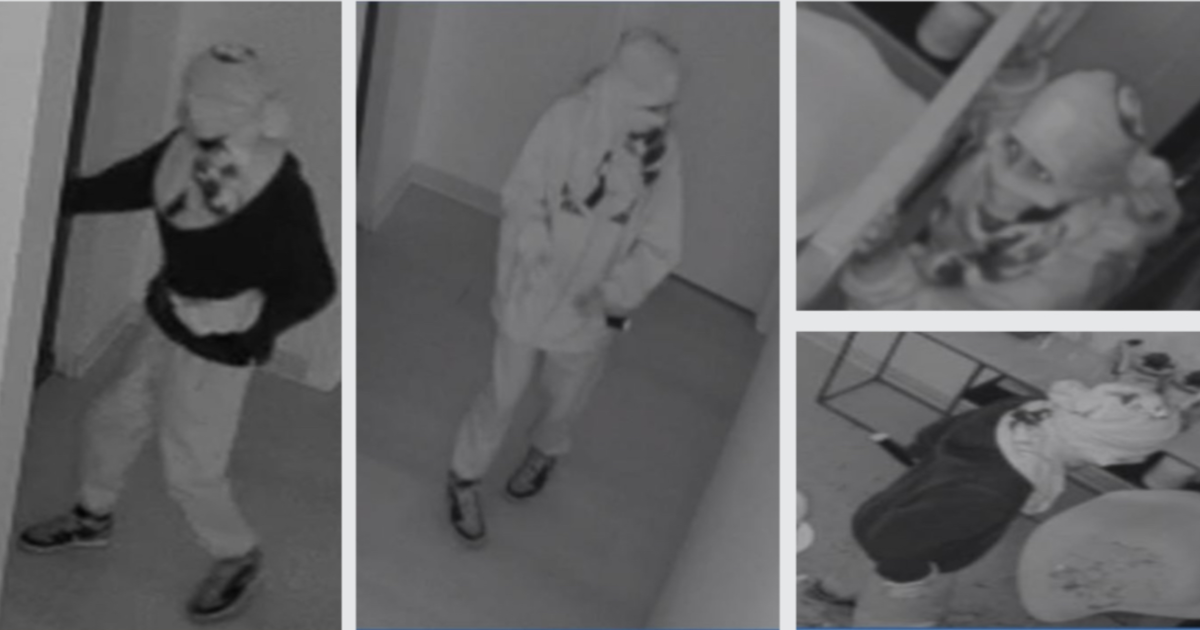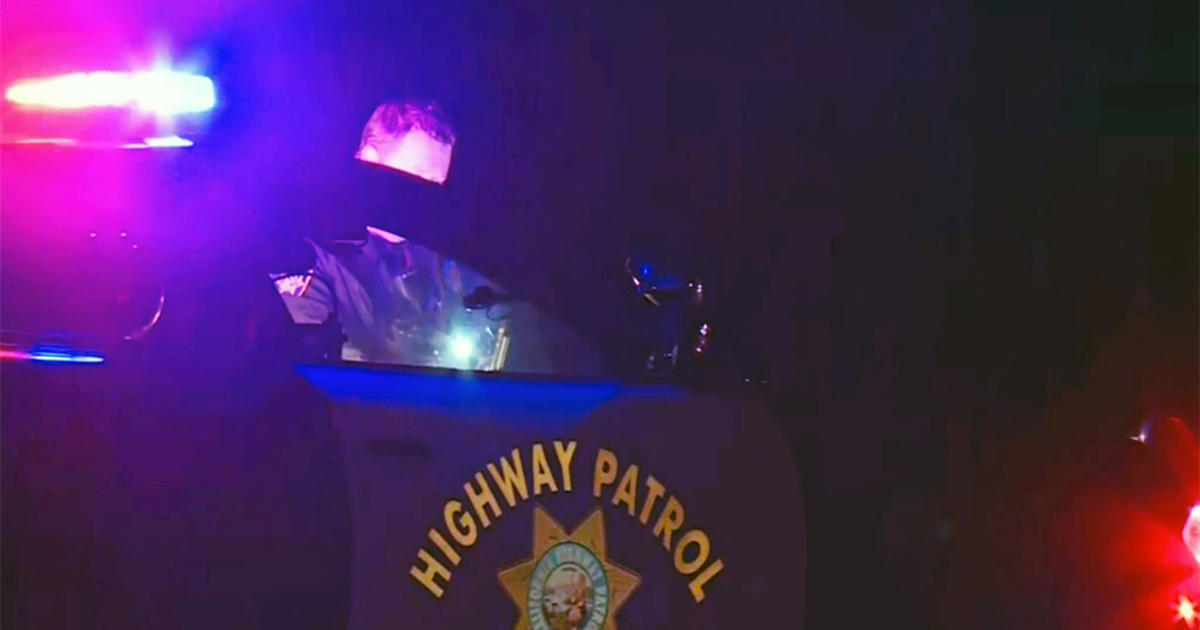Hospital Manager Relies On Math, Science To Nurse Sick, Injured Wildlife Back To Health
Denys Hemen is living his dream, helping to run the hospital at the California Wildlife Center in Calabasas.
"I'm the hospital manager," he said. "People bring all kinds of animals day and night."
And it's Hemen's job to arrange for their care.
"We get a lot of red-tailed hawks. We have a few baby deer that we take in. They're mule deer," he told CBS2's Danielle Gersh. "Lots of squirrels and possums."
The center also rehabilitates many other types of animals, including coyotes, skunks and humming birds.
"These [humming birds] were little juveniles that came in," he said. "Something happened to their mother."
All are wild and native to Southern California.
The current patients include a western screech owl that collided with a car is suffering from eye trauma, a common owl injury.
"They'll fly in front of a car, especially at night when they're active so it has some head trauma," Hemen said.
And there's a red-tailed hawk that was shot.
"It was actually a pellet shot in the femur."
The hawk is wearing a cast to protect a metal rod in its leg.
"We monitor it and do radiographs or X-rays to make sure the bone is healing straight," Hemen says.
Once a hawk is well enough to try flying again, rehab continues in the hospital's hawk flight pen. Whatever injury they've had -- be it a broken wing or broken leg -- it's here where they relearn how to lift off, how to land and build up their stamina.
When possible, the animals are released back into the wild.
"These are animals that have been impacted by humans and we're lucky enough here to give them a second chance," Hemen says.
Hemen got his degree in zoology. Of all the STEAM disciplines -- science, technology, engineering, art and mathematics -- he relies most on math and science.
"I'm doing medication calculations, I'm doing weight conversions," he says.
And as for the science: "That's a fish eater or that's a seed eater. That's a worm eater," he says. "The natural science -- a natural history of our patients is something we really need to know."
Hemen initially wanted to work in a zoo, but "I found my place" in the wild.
His advice is to aspiring wildlife rehabbers is to study birds.
"Take ornithology," he says emphatically. "I know people want to learn about mammals and fuzzy things but when you go out into nature, when we're right here, there's not fuzzy mammals running all over the place. We hear birds all around us."



